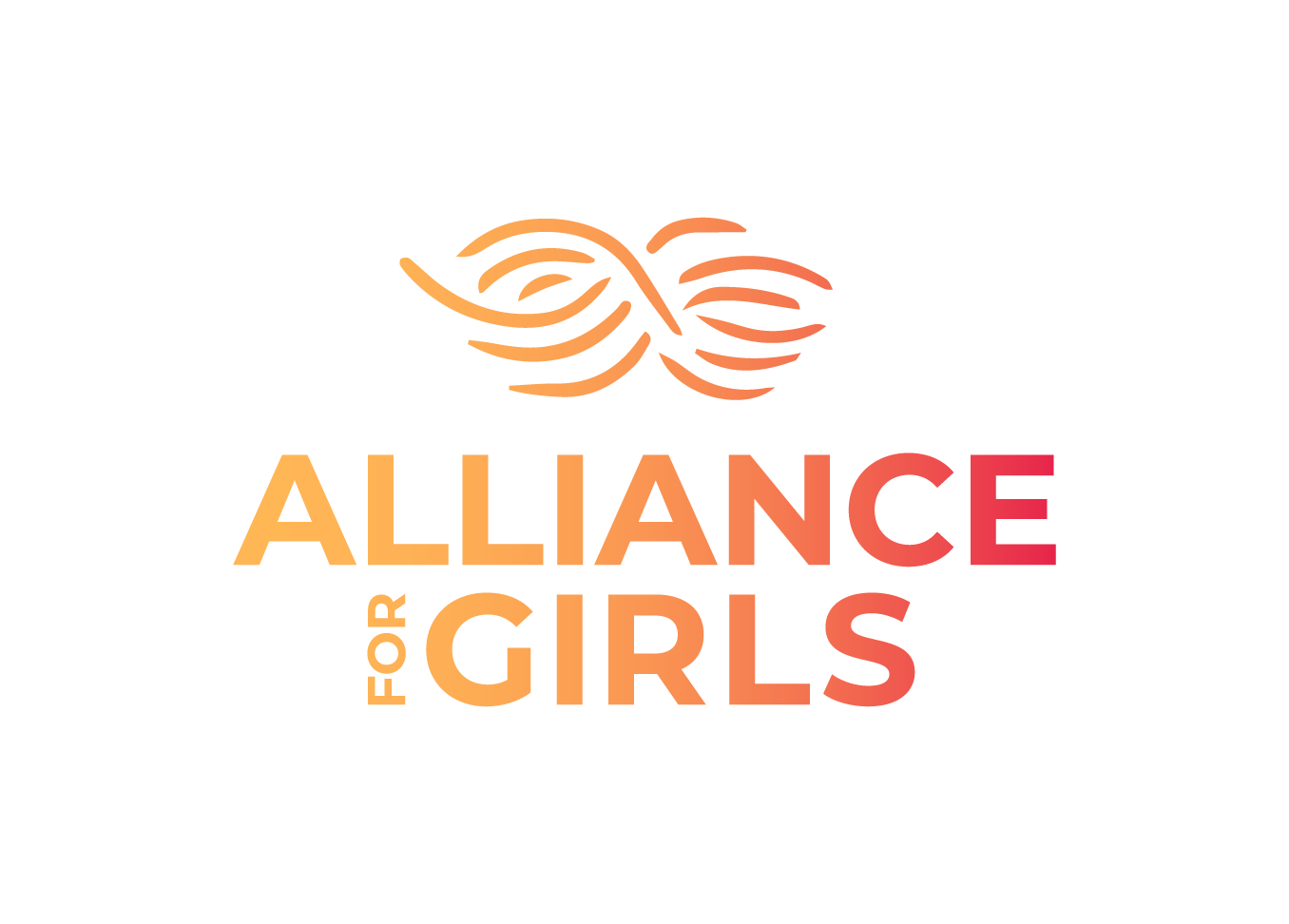NEW Case Study! Safety in Numbers: How to Prevent Sexual Harassment on Public Transit
In our 2019 Together We Rise report, 100% of the 63 girls and gender-expansive youth, who participated in focus groups during this research study, highlighted that they experience some form of physical and/or verbal harassment when taking public transit every day.
You read that correctly: one hundred percent.
The data and stories shared by girls* in this research became the rallying cry that mobilized Bay Area girls and gender-expansive youth, and the adult champions who serve them, to advocate for change. Together with the Betti Ono Foundation, Black Girls Brilliance, and the Unity Council’s Latina Mentorship and Achievement Program, Alliance for Girls (AFG) collaborated with BART to turn our research into action – creating the Not One More Girl (NOMG) initiative. This first-of-its-kind initiative centers girls and gender-expansive youth as they re-imagine safety for riders on BART. It reflects the voices and needs of the community, especially the voices of girls and gender-expansive youth of color.
Nearly three years later, the impact of Not One More Girl Phase I continues to be clear – from changes within BART to influencing state policy on transportation safety. This campaign embodies AFG’s mission to center girls in research, advocacy, and policy change to improve their lives.
Today, we are proud to release Safety in Numbers: How the Not One More Girl Initiative Addresses Sexual Harassment and Gender-Based Violence, a case study that captures our journey, impact and learning of this first phase.
This groundbreaking work is not done. In early September 2023, BART, in partnership with some of the organizations that participated in Phase I, launched Phase II of the NOMG initiative, focusing on building a culture to support girls when riding BART. Furthermore, in the coming months, AFG and our research partners at Evaluation Studio will begin work on developing the first youth-informed evaluation framework with girls and gender-expansive youth themselves, organizations that serve them, and other key members of the community. This evaluation framework aims to support BART examine how it approaches assessing the prevalence and impact of sexual harassment and gender-based violence on its trains and platforms, and how this data can inform policy and programming in the future.
*At Alliance for Girls, girls and gender-expansive youth refers to cis girls, trans girls, non-binary youth, gender non-conforming youth, gender queer youth, and any girl-identified youth.

